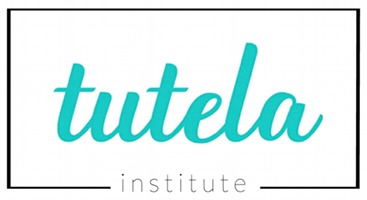The Tutela Process
Tutela knows the importance of stakeholder input in creating effective, evidence-based training.
By using a cost effective and repeatable process for identifying needs and applying instructional design and digital pedagogy best practices to personalize evidence-based training we can rapidly and affordably produce targeted high-quality content that increases the effectiveness of our training and impact.
When Tutela creates training content it tailors it to it’s audience using a five step, iterative process.
Step 1: Understanding Needs
Gauge stakeholder input using ethnographic, qualitative and quantitative research methods.
Surveys
Focus groups
Discovery Sessions and Observations
Step 2: Course Design
Adapt evidence-based knowledge to address the identified stakeholder needs and use instructional design and digital pedagogy best practices.
Step 3: Film Live Training Sessions
Live Training Sessions
Live demonstration and example sessions
Collect Stakeholder feedback after live session
Step 4: Refinement and Supplementation
Edit, organize, combine and enhance live and supplemental trainings through instructional design into one cohesive and effective training curriculum.
Step 5: Distribution and Scaling
Make curriculum available through technology
Scale to the entire stakeholder network.
Deliverables:
Customized, targeted, affordable, high production value, evidence-based training video library.
Quantitative and qualitative data collection to support and improve through iterative design the Tutela Process.
Expanded access to and increasing the effectiveness of care and training.

